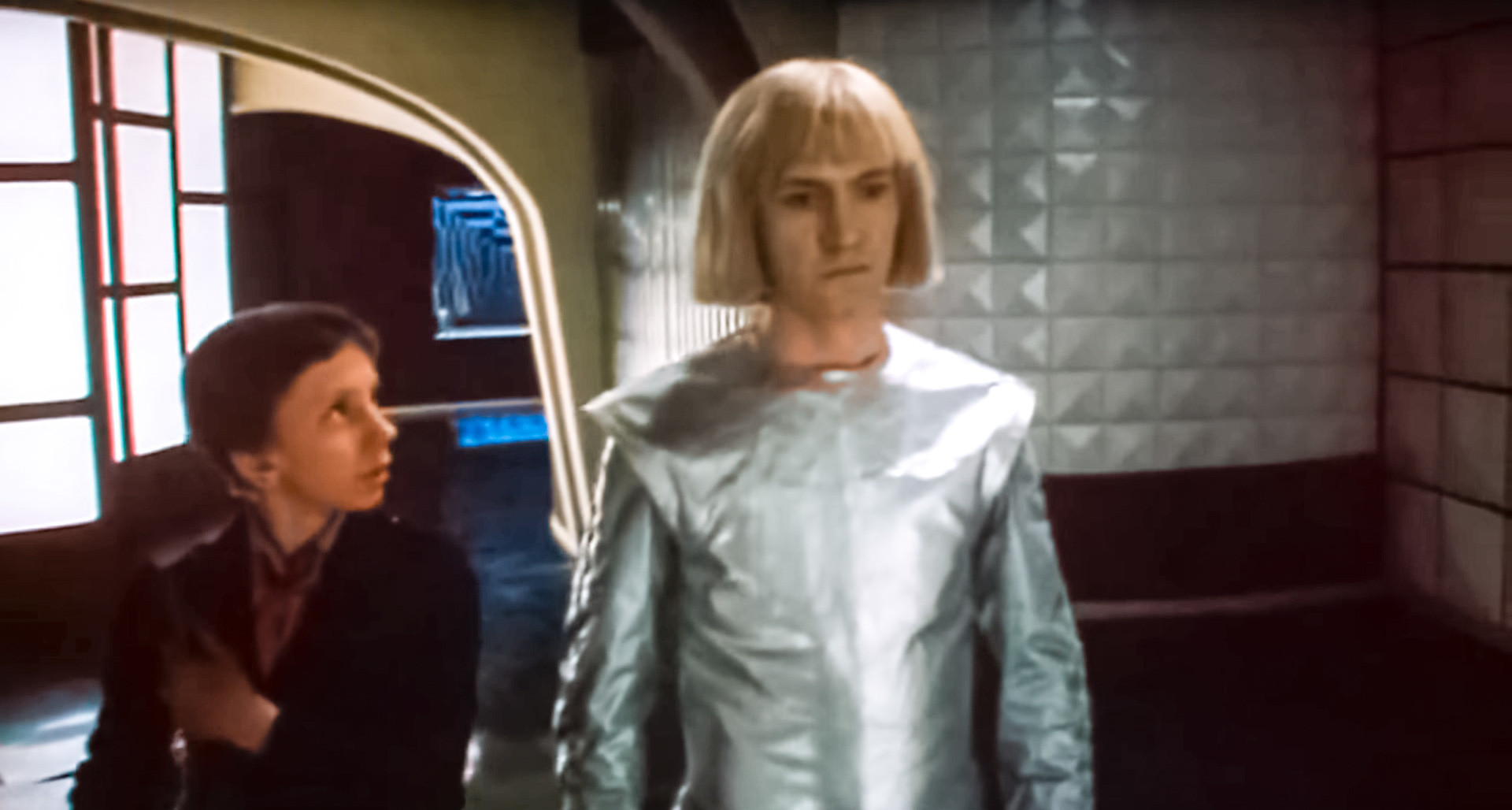

She is the author of Inclusion in New Danish Cinema: Sexuality and Transnational Belonging (Intellect Press, 2015), co-editor of The Intimate and Traumatic Work of Susanne Bier (forthcoming with Mimi Nielsen & Missy Molly, Edinburgh University Press, 2017), and co-author of Screen Life & Identity: An Introduction to Media Studies (forthcoming with Hunter Vaughan, Cognella Press, 2017). Shriver-Rice has taught courses on visual anthropology, cultural theory, science communication, the psychology of group behaviour, gender and pop culture, media ethics, film studies, and bioarchaeology. Her prior media research has looked at ethical issues through an anthropological lens to examine and contextualize how knowledge and culture are created, transmitted, and maintained through visual culture. Her diverse science background also includes experience in tropical botany, Antarctic paleontology, and work on the Human Genome Project. in Communication from the University of Miami (film, visual culture, and interactive media track). As both a media scholar and paleoethnobotanist, her interdisciplinary background includes dual degrees in Anthropology and Biology, a Master’s degree in Archaeology from the University of Nottingham, England, and a Ph.D. Meryl Shriver-Rice is the Director of Environmental Media at the Leonard and Jayne Abess Center for Ecosystem Science and Policy. The Abess Center welcomes new Director of Environmental Media, Meryl Shriver-Rice!ĭr. project combines both an ethnobotanical study and ecological investigation of woody invasive trees in South Florida.( ) With guidance from expert scientists, students will gain experience in critical thinking, research design, data analysis, analytical tools, science communication, ecological modeling, and collaborative research-all in the beautiful tropical setting of Costa Rica. This OTS “fundamentals course” is an intensive, field-based experience in tropical biology for graduate students. student Christine Pardo has been accepted to the 2017 Organization for Tropical Studies Field Course: Tropical Ecology: an Ecological approach. project examines the possible effects of economic change and tourism on Cuba's reefs. įirst-year ECS Ph.D. ( ) IWFF LABS is an immersive, cross-disciplinary science filmmaking workshop that brings scientists and media creators together to learn effective tools to communicate science, nature, and conservation with broad audiences. student Shireen Rahimi has been accepted to the highly competitive 2017 International Wildlife Film Festival Filmmaker lab He co-founded and co-chairs the Society for Cinema and Media Studies' Media and the Environment scholarly interest group, is a co-founding editor of a new journal on environmental media, communication, and justice, and was recently invited to give a keynote talk at a Visualizing Climate Change Workshop at Georgia Tech University. This study extends to the ways in which new media technologies and communication forms are reconfiguring our social activities, while also creating a new global network of cultural imperialism that includes precious metal mining in Africa, smart manufacturing in Asia, and digital dumping of e-waste across the planet. His upcoming book, Hollywood’s Dirtiest Secret: the Hidden Costs of Our Film Culture(Columbia University Press, 2018), constructs an environmental counter-narrative to mainstream American film history, exploring the material impact of cultural practices and the larger social worldview cultivated through Hollywood’s representation and use of the natural world. He did his PhD at the University of Oxford, and is the author of Where Film Meets Philosophy (Columbia University Press, 2013) and numerous articles and book chapters on ecocriticism, film theory and philosophy, and identity in media. Vaughan is an Associate Professor of Cinema Studies at Oakland University and a 2017 Rachel Carson Center fellow. The Abess Center welcomes 2017-2018 Visiting Lecturer Dr. Hunter Vaughan, who is teaching ECS 609 Contemporary Representations of the Environment (Fall 2017), and ECS 375 Ecocinema (Spring 2018).ĭr.


 0 kommentar(er)
0 kommentar(er)
